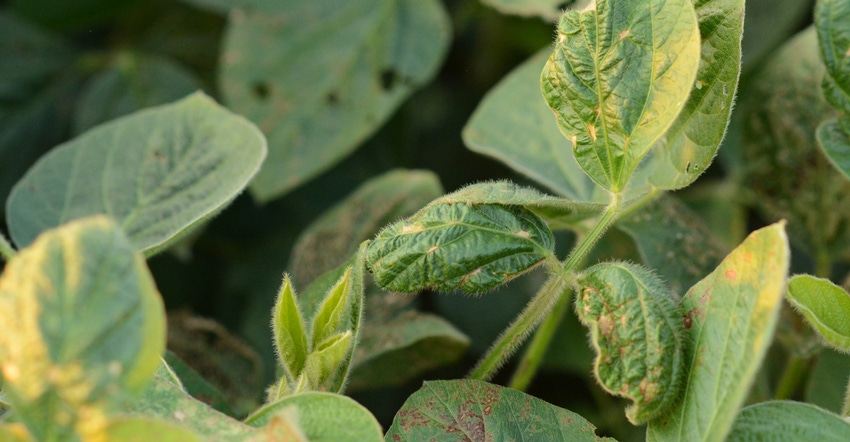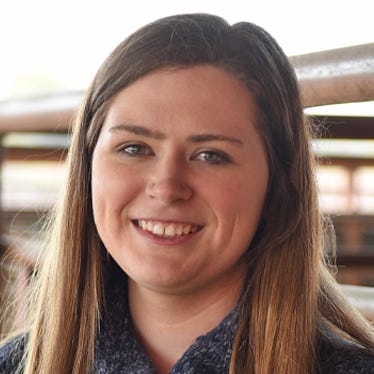
The Illinois Department of Agriculture recently announced permanent dicamba application rules for 2022, based on feedback from 2021. In short, the rules are the same, but this time they’re permanent.
Michael Woods, IDOA natural resources division manager, answers questions regarding regulations for growing season 2022:
What is the 2022 ruling? We made a permanent ruling of what has been a temporary ruling for the prior two years — 2020 and 2021. The retained rules are:
Do not apply pesticide containing dicamba on soybeans if the air temperature at the field at application is over 85 degrees F or if the National Weather Service forecasts a high temperature over 85 degrees at the nearest location.
Do not apply pesticide containing dicamba on soybeans after June 20.
Applicators should consult the FieldWatch sensitive crop registry to confirm any sensitive crops or beehives near the field being applied. Then, applicators must follow all appropriate record-keeping and label requirements.
Do not apply pesticide containing dicamba if the wind is blowing toward any Illinois Nature Preserves Commission site or residential area adjacent to the applied field.
Why did IDOA make these rules permanent? In October 2020, the U.S. EPA renewed the Federal Insecticide, Fungicide and Rodenticide Act for 2021 through 2025. At this time, U.S. EPA also announced Section 24(a) of FIFRA — states can add safety restrictions to these products through its rulemaking procedure. So, IDOA filed emergency, or temporary, ruling in February 2021. The ruling included additional requirements for dicamba application on soybeans for 2021, which built upon the emergency ruling from the 2020 growing season.
But emergency rules aren’t permanent, right? Right, according to the Illinois Administrative Procedure Act, state agencies cannot adopt emergency rules for more than two years. So, IDOA had to move forward with the permanent dicamba ruling, and statistics show the 2020 and 2021 emergency rulings were effective. Dicamba misuse complaints decreased from 723 complaints in 2019 to 145 complaints in 2020 and 161 complaints in 2021. We believe going into the 2022 growing season, these permanent rules will continue to ensure we safeguard our natural resources while providing opportunity to the industry to utilize a valuable tool in their toolbox.
Did the 2021 dicamba ruling work? The industry worked together and with IDOA to identify the best means to safeguard our natural resources and found solutions, which led to a significant decline of dicamba misuse complaints. The department ruling and shift in behaviors across the industry supports the statistics in 2021.
So, what label and IDOA rules do farmers need to follow? The key is making sure farmers adhere to the permanent state ruling [mentioned previously] and all federal labeling requirements: proper safety training, proper application and proper mixture formulas.
Read more about:
DicambaAbout the Author(s)
You May Also Like






